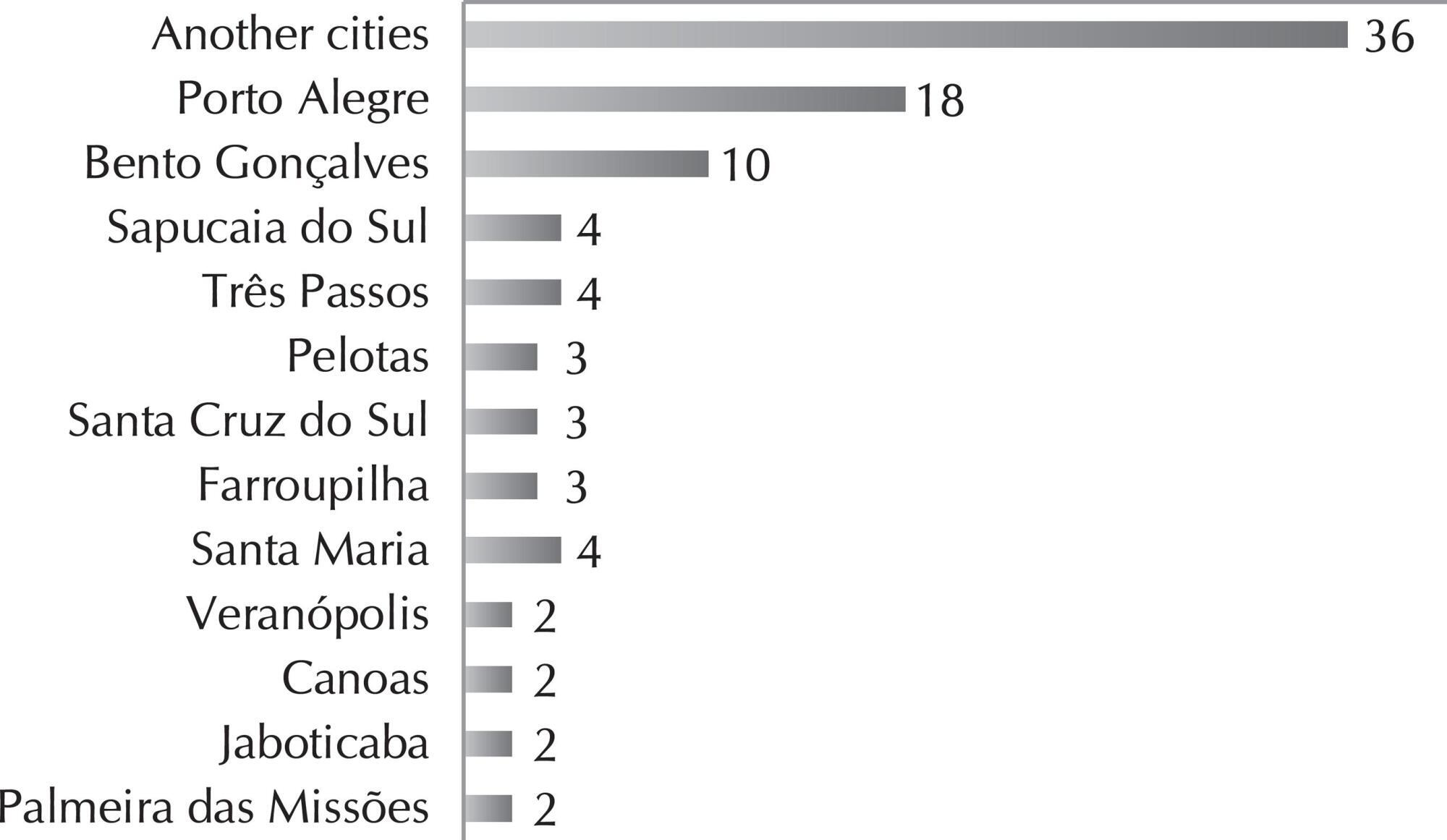-
ORIGINAL ARTICLE
Inventory of ethical problems in mobile pre-hospital care
Revista Brasileira de Enfermagem. 2024;77:e20230539
01-10-2024
Abstract
ORIGINAL ARTICLEInventory of ethical problems in mobile pre-hospital care
Revista Brasileira de Enfermagem. 2024;77:e20230539
01-10-2024DOI 10.1590/0034-7167-2023-0539
Views0See moreABSTRACT
Objective:
to construct and validate the content of an inventory of ethical problems experienced by nurses in mobile pre-hospital care.
Method:
a psychometric approach study, developed with the following stages: (1) instrument construction through a theoretical matrix based on deliberative bioethics, scoping review and online qualitative research; (2) content validity by judges; (3) pre-testing with Mobile Emergency Care Service nurses in various Brazilian states. For content validity analysis, the Content Validity Ratio was calculated (CVR>0.45 for judges and CVR>0.35 for the target population).
Results:
the instrument had 44 items, distributed across four dimensions.
Final considerations:
the constructed instrument presented sources of evidence of content validity, providing good psychometric measurements and constituting a useful tool for nurses’ practice in the pre-hospital setting.

-
RESEARCH
Moral sensitivity in Primary Health Care nurses
Revista Brasileira de Enfermagem. 2017;70(2):308-316
01-01-2017
Abstract
RESEARCHMoral sensitivity in Primary Health Care nurses
Revista Brasileira de Enfermagem. 2017;70(2):308-316
01-01-2017DOI 10.1590/0034-7167-2016-0453
Views0See moreABSTRACT
Objective:
to characterize the profile and describe the moral sensitivity of primary health care nurses.
Method:
this is a quantitative, transversal, exploratory, descriptive study. The data were collected through the Moral Sensitivity Questionnaire translated and adapted to Brazil. 100 primary health care nurses participated, from Rio Grande do Sul, Brazil. The data collection took place during the months of March and July 2016, in an online form. The analysis of the data occurred through descriptive statistical analysis.
Results:
the nurses had an average moral sensitivity of 4.5 (out of 7). The dimensions with the greatest moral sensitivity were: interpersonal orientation, professional knowledge, moral conflict and moral meaning.
Conclusion:
the nurses of Rio Grande do Sul have a moderate moral sensitivity, which may contribute to a lower quality in Primary Health Care.




